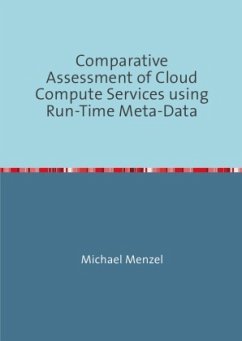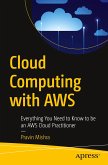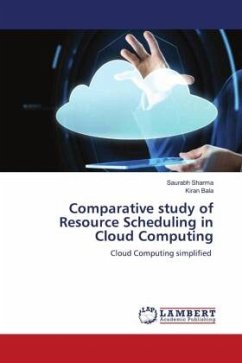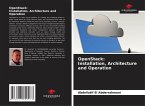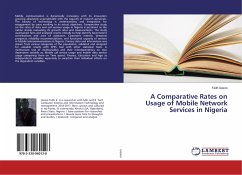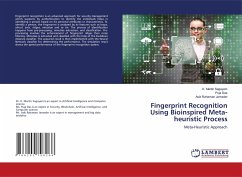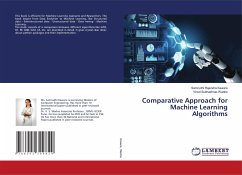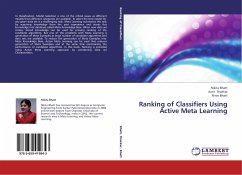The available amount of meta-data about compute service offerings which proofs reliable, timely, and comparable is unsatisfactory. For example, the meta-data published by compute service providers regarding performance attributes of their offers is typically restricted to hardware figures and, thus, not necessarily sufficient for comparisons or planning tasks, such as a thorough software system capacity planning. A similar problem of meta-data scarcity affects the reuse of Virtual Machine (VM) images available in repositories from compute service providers. The contents of the VM images are not described by any available meta-data, yet. The present work contributes a framework of compute service assessment and comparison methods to the research community. The methods enables compute cloud consumers to assess and compare compute services regarding diverse characteristics. As the purpose of the methods is to serve consumers, the general scheme is an exploitation of the client-side remote access to VMs in order to gain meta-data at runtime. Therefore, an archetypical run-time assessment automation model is provided. The information extracted at run-time can furthermore be attached to compute services as meta-data through a generic and extensible meta-data model. Furthermore, a Multi-Attribute Decision-Making (MADM)-based scoring method is introduced by the framework which enables consumers to compare compute services regarding multiple characteristics with a single score. Besides, a stopping rule approach is able to enforce cost budgets during sequential compute service assessments. Additionally, in a search for a highest scoring compute service the rule uses priorly available meta-data to skip presumably low scoring services.
Bitte wählen Sie Ihr Anliegen aus.
Rechnungen
Retourenschein anfordern
Bestellstatus
Storno

